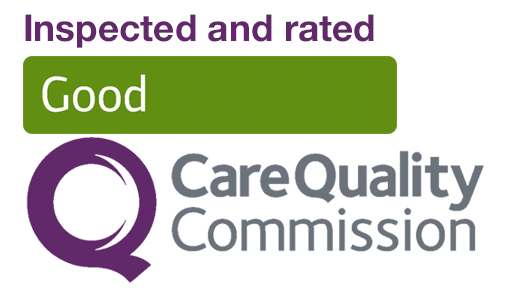Neural tube defects (NTDs) such as anencephaly and spina bifida affect one in 1,000 births. Research shows that using folic acid supplements has reduced the risk of NTDs harming a baby.
Women should eat folic acid or folate, also known as “pregnancy superheroes,” before and after pregnancy. Bump2Baby Scans explains everything you need to know about folic acid during pregnancy, including how much you need, where to get it (sources), and when to avoid it.
What is folic acid?
A synthetic form of vitamin B9, folic acid is found in fortified foods and other supplements. The body often uses it to make new cells and nucleic acid (which is a form of genetic material). It is necessary for the proper growth and development of the baby, and it helps in the production of red blood cells, the protection of the child’s hearing, and the development of the baby’s organs.
Before and during pregnancy, experts recommend taking 400 mcg of folic acid with prenatal vitamins every day.
Why should you take folic acid while pregnant?
If you’re pregnant or trying to get pregnant, here’s why you should increase your folic acid intake.
- Prevents Neural Tube Defects: Folic acid helps the neural development of the fetus. Folic acid protects your fetal neural tube, which then develops in your baby’s brain and spinal cord, preventing any prenatal problems during the early creation of the central nervous system.
- Produces red blood cells: Folate stimulates your body to make red blood cells. This is especially important during pregnancy when anaemia (iron deficiency) is prevalent. Even if you take additional supplements that can restore iron, folic acid ensures that your red blood cell count (RBC) stays normal.
- Protects the baby from several complications: Folic acid reduces the likelihood that a baby will develop a cleft lip and palate. Premature births, miscarriages, poor baby growth during pregnancy and low birth weight problems are also reduced.
- Protects the Mom-to-be: Preeclampsia, stroke, heart disease, malignancies, and Alzheimer’s disease can all be prevented by getting enough folic acid every day.
- Other essential functions: Folic acid is necessary for the synthesis, repair and function of DNA. It is also necessary for the placenta and the growing fetus to develop rapidly.
Folic acid should be taken even before you become pregnant, because of its relevance.
When should you start taking folic acid?
When you plan to get pregnant, your doctor will encourage you to start taking folic acid. Since the majority of birth defects occur in the first trimester, getting enough folate before you get pregnant can be very beneficial.
Before choosing your prenatal vitamins, check with your doctor that they contain the correct doses of folate.
How Much Folic Acid Do You Need?
Here is the usual breakdown of recommended folic acid intake before, after and during pregnancy:
- Before conceiving: 400mcg
- The first trimester of pregnancy: 400mcg
- The second and third trimester of pregnancy: 600mcg
- Breastfeeding stage: 500mcg
Consult with your doctor to determine how much folic acid you should take, taking into account your personal, past, and family history, any other supplements you are taking, and any vitamin deficiencies you may have.
What is the impact of folic acid deficiency during pregnancy?
Reduced appetite, pale skin, lack of energy, diarrhoea, headaches, and irritability are all indications of folic acid deficiency during pregnancy. You may not have any symptoms if you have a modest deficiency, but you will be deficient in folate, which is necessary for the embryonic development of the baby.
How long should you take folic acid during pregnancy?
To reduce the risk of birth defects, start taking folic acid at least three months before conception and throughout pregnancy in high-risk cases.
Food sources of folic acid
Folate can be found in a variety of foods, although it is soluble in water and is quickly dissolved or eliminated during cooking. Therefore, the ideal method is to prepare them briefly or to eat them raw if possible. Steaming or microwaving is also a great option.
Here is a list of foods high in folic acid. Here is the amount of folate in half a cup of food:
- Cooked spinach: 131mcg
- Fortified breakfast cereal: 100mcg
- White rice: 90mcg
- Black-eyed peas: 101mcg
- Spaghetti: 83mcg
- Asparagus: 89mcg
- Brussels sprouts: 78mcg
- Romaine lettuce: 64mcg
- Raw spinach: 58mcg
- Avocado: 59mcg
Cabbage, mushrooms, green beans, sweet corn, grapefruit, zucchini, oranges, legumes, juices, nuts, and eggs are all good sources of folate.
When should you stop taking folic acid?
After 12 weeks of pregnancy, you can stop taking folic acid because the baby’s spine will be fully developed. You can, however, continue to take folate beyond week 12 as it will not affect you or your baby.
Although folic acid is necessary for becoming pregnant and for the growth of the fetus during pregnancy, excessive consumption should be avoided. Also, try to get the vitamin from natural food sources as much as possible and only take supplements if your doctor tells you to. Consult with your obstetrician or nutritionist to develop an eating plan that will provide your body with enough nutrients.


